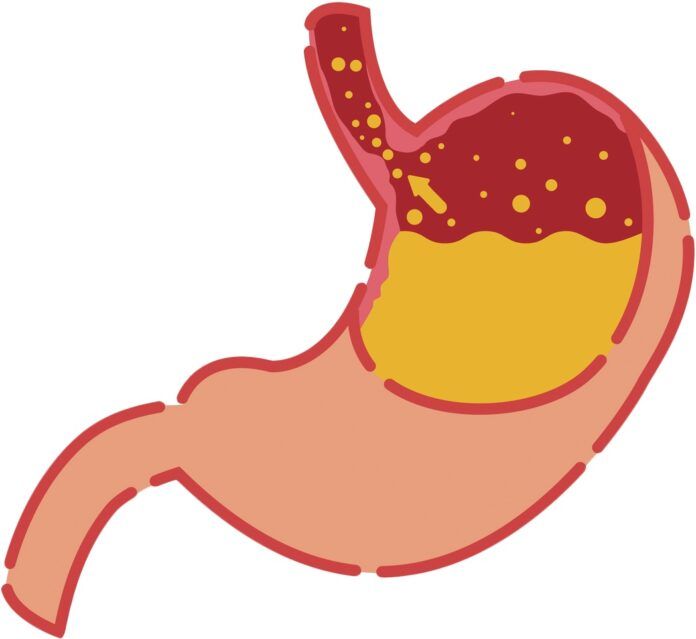Approximately 20 to 30 percent of adults in the U.S suffer from gastroesophageal reflux disease (GERD)—chronic heartburn. Repeated bouts of acid reflux (acid leaking from the stomach into the lower esophagus) can cause an acid taste in the mouth, a lump or pain in the throat or chest and, in some people, vomiting.
Untreated, GERD can damage the esophagus and increase risk for esophageal cancer. Dietary changes are a critical part of the treatment for GERD. Preliminary research suggested cutting carbohydrate (carb) intake may help reduce GERD symptoms. Now, a randomized controlled trial suggests that the type of carb, not the total amount, matters most.
Ninety-eight veterans with symptomatic GERD consumed one of four diets for nine weeks:
1. a diet high in total carbs, primarily simple carbs (defined in this study as natural and added sugars)
2. a diet high in total carbs but low in simple carbs
3. a diet low in total carbs, but mostly simple carbs
4. a diet low in total carbs and low in simple carbs
The researchers tracked reported symptoms and monitored the pH of the esophagus to measure esophageal acid exposure time and number of reflux episodes.
Both of the diets that were low in simple carbs (natural and added sugars) resulted in lower pH levels and GERD symptoms than those higher in simple carbs, whether or not they were high or low in total carbs.
There are many reasons to reduce intake of added sugars, including increased risk of weight gain, dental cavities, diabetes, and heart disease. Preventing and treating heartburn and GERD adds one more.
























